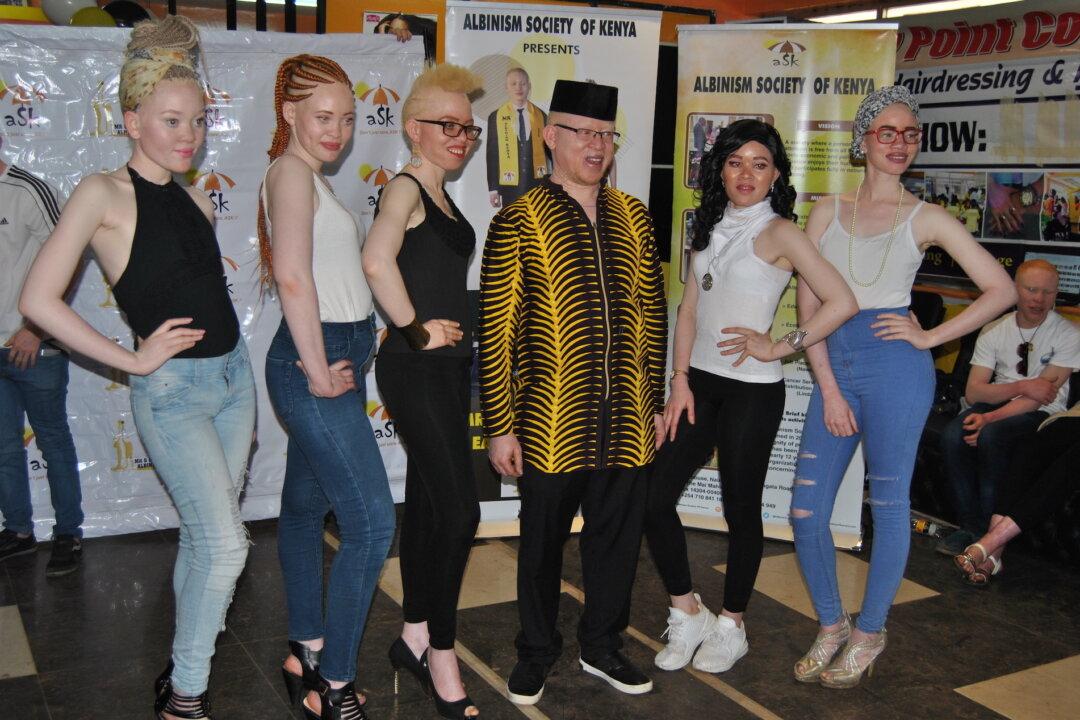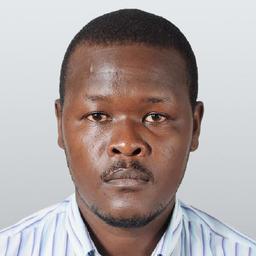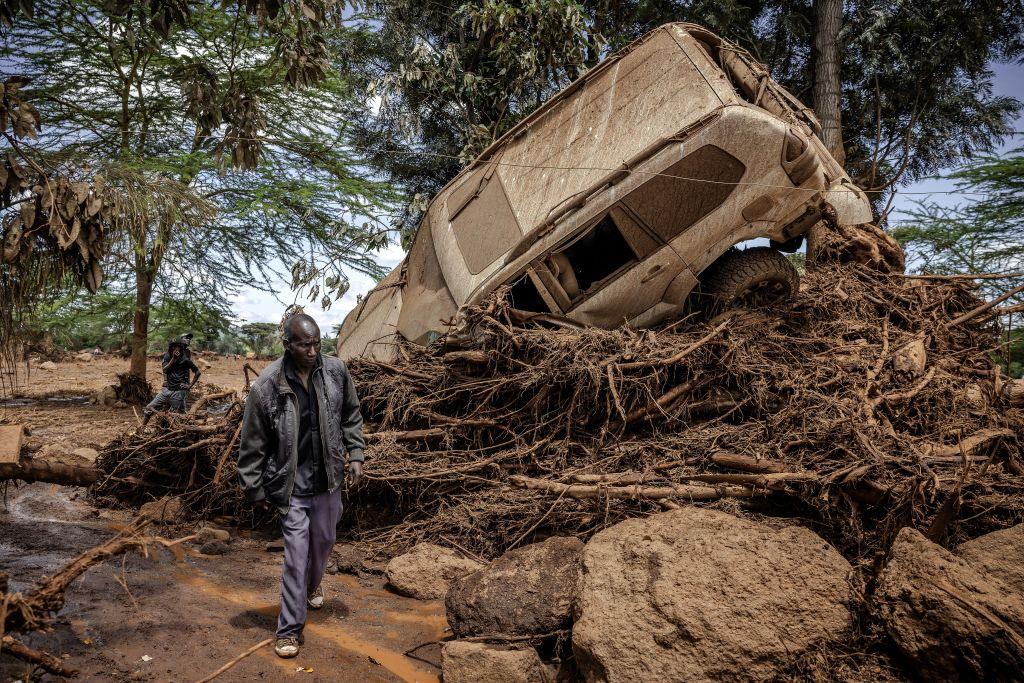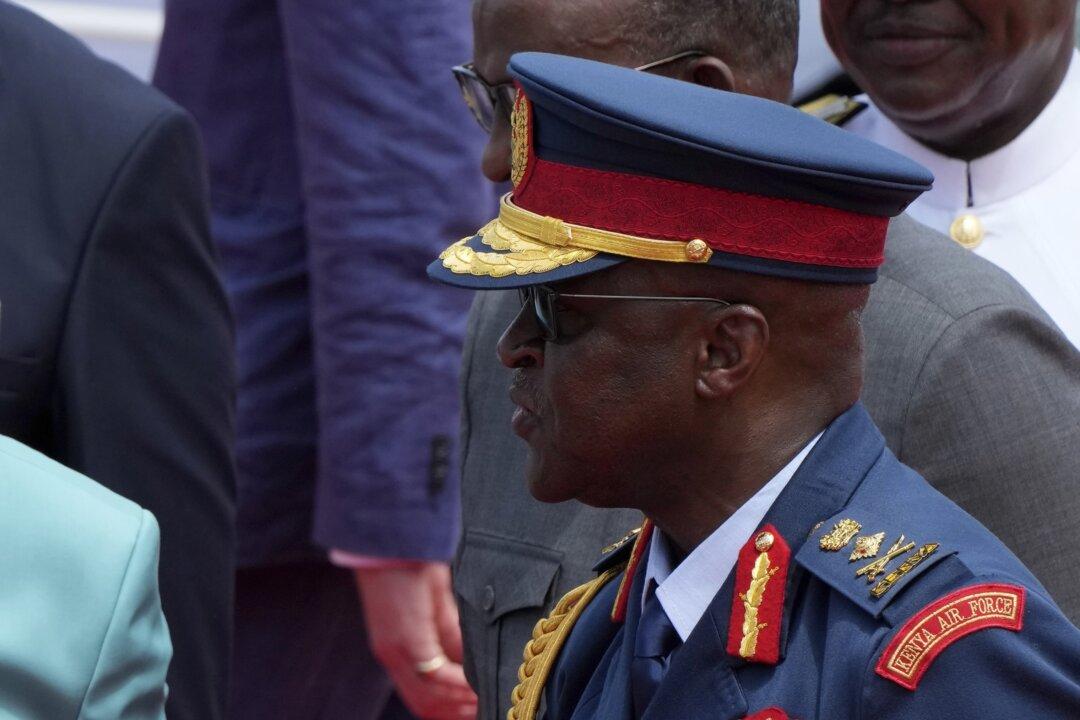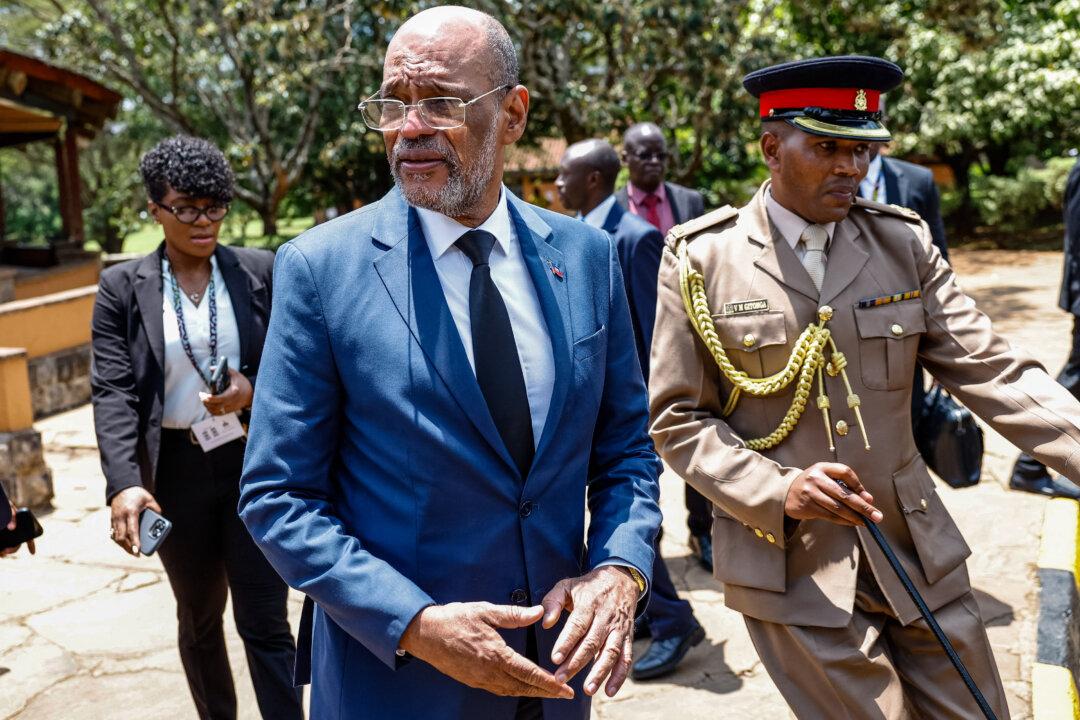NAIROBI, Kenya—When he was growing up in a small town in Uganda, Allan Herbert didn’t feel he was different from his friends.
He enjoyed a normal childhood, playing with friends at school and in the village. That was, until one day, a boy from his class started confronting him, and making fun of his skin color. The teacher wanted to punish him, but Herbert protected him.
“I asked the teacher not to punish him but leave him alone because I was sure he was not aware of what he was doing,” Herbert said.
